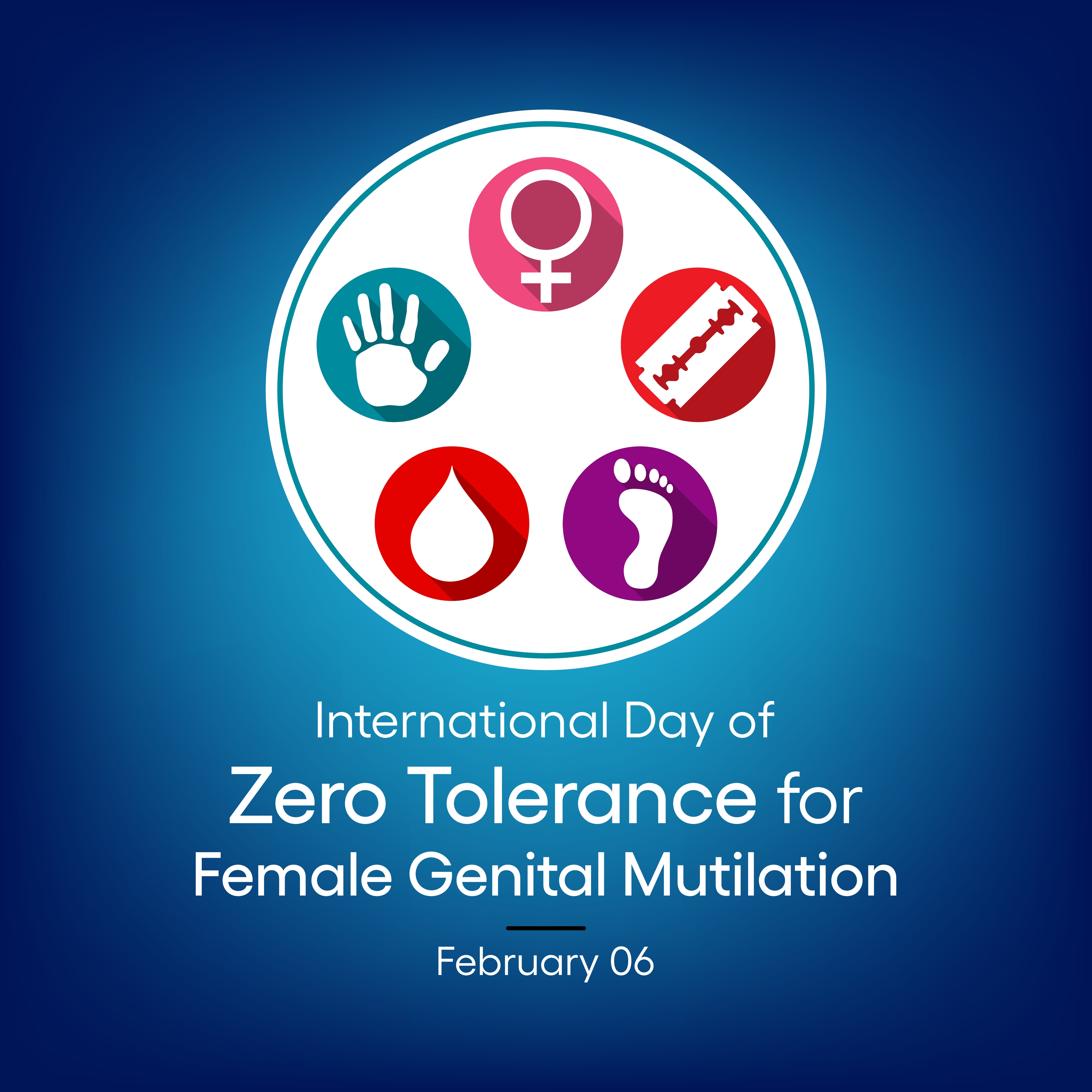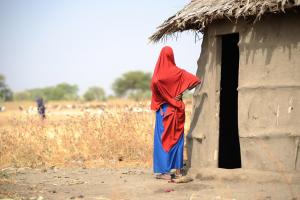
Female genital mutilation (FGM) comprises all procedures that involve partial or total removal of the external female genitalia, or other injury to the female genital organs for non-medical reasons.
The practice is mostly carried out by traditional circumcisers, who often play other central roles in communities, such as attending childbirths. In many settings, health care providers perform FGM due to the belief that the procedure is safer when medicalized.
FGM is recognized internationally as a violation of the human rights of girls and women. It reflects deep-rooted inequality between the sexes, and constitutes an extreme form of discrimination against women. It is nearly always carried out on minors and is a violation of the rights of children. The practice also violates a person's rights to health, security and physical integrity, the right to be free from torture and cruel, inhuman or degrading treatment, and the right to life when the procedure results in death.
The theme of this year’s International Day of Zero Tolerance for Female Genital Mutilation (FGM) on 6 February is "No Time for Global Inaction: Unite, Fund, and Act to end FGM." This theme highlights that accelerated action is needed to save girls from this intentional disfigurement that violates their human rights and adversely affects their health and well-being.
Regional Director's Message
Regional Director, Dr Matshidiso Moeti - Message on the International Day of Zero Tolerance for Female Genital Mutilation, 6 February 2021 English | French | Portuguese
Stories
|
|
Tanzania criminalized female genital mutilation in 1998. The country has also adopted a National Plan of Action to end Violence against Women and Children and is committed to ending violence against women and children in all its forms, including female genital mutilation, by 2030. |
|
|
Le Burkina – Faso expérimente une nouvelle approche de collecte de données liées au mutilations génitales féminines « Au Burkina Faso, l’excision est la forme de MGF la plus pratiquée. (…) Selon I’Enquête Démographique et de Santé (EDS) IV de 2010 et l’Enquête Multisectorielle Continue (EMC) de 2015, ce taux est passé de 75,8% à 67,6% pour les femmes de 15 à 49 ans et de 13,3% à 11,3% pour la tranche d’âge des filles de 0 à 14 ans. » a déclaré Mme Hélène Marie Laurence Ilboudo née Marchal, Ministre de la Femme, de Ia Solidarité Nationale, de la Famille et de l’Action Humanitaire. Un comité national de lutte contre les MGF a été mis en place dans le pays depuis 1990. Le code pénal révisé en 1996, interdit également la pratique de l’excision au Burkina-Faso. |
Fact Sheet Female Genital Mutilation |
|
For more information |




